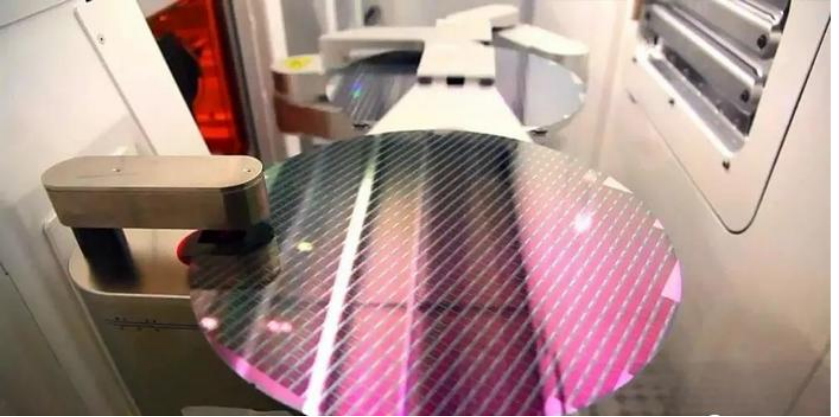
In order to promote the development of South Korea's local chip industry, local time on May 12, South Korea's Deputy Prime Minister and Finance Minister Choi Sang-mok said that South Korea is preparing more than 10 trillion won (about $7.3 billion) to provide a series of support programs for chip investment and research. Specific elements of the project include the provision of policy loans for the supply chain of semiconductor institutions, the establishment of a new fund funded by state and private financial institutions, and the construction of a large-scale chip industry settlement.
As we all know, South Korea is Asia's fourth largest economy, and semiconductors are South Korea's main export product, which already accounts for one-fifth of the country's total exports. The world's two largest memory chip manufacturers Samsung Electronics and SK Hynix are also located in South Korea, in order to ensure that the semiconductor industry can continue to maintain advanced competitiveness in the world, South Korean President Yoon Seok-yuol said after taking office will invest all possible resources to win the competition in the semiconductor industry, and promised to provide tax incentives for investment policies, etc. This move indeed guarantees the development of the semiconductor industry for some time to come.
In order to make the semiconductor industry have better development prospects, South Korea has also made great efforts in recent years and has done a lot of safeguard measures. In June 2023, the South Korean Ministry of Trade, Industry and Energy announced the establishment of a new fund worth 300 billion won for the chip industry, and half of the fund is from private investment, and the remaining quarter is from the South Korean semiconductor industry leaders Samsung Electronics and SK Hynix. National holding banks such as the Korea Development Bank and the Korea Development Bank guarantee the injection of the remaining funds.
The plan for the "giant semiconductor cluster" just mentioned is preliminarily scheduled for 2047, and the location is chosen in the south of Seoul, the capital of South Korea. It is understood that the region already has 21 manufacturing plants, according to the plan, the total area of the cluster will reach 21 million square meters, the wafer production capacity will reach 7.7 million pieces/month by 2030, and the current as the global wafer manufacturer's total production capacity ranked first in South Korea Samsung's monthly production capacity is only more than 4.5 million. After the completion of the giant semiconductor cluster, its capacity will also be greatly increased, and the global share will be larger.
With the development of science and technology, the semiconductor industry will become a key industry in the future of the world, who can have more local chip manufacturers and higher wafer production capacity, who can eat more "cake" in the international semiconductor market. The South Korean government is very clear that the semiconductor industry is the key pillar of South Korea's export-driven economy, can be said to be the lifeline of the South Korean economy, the stable growth of the South Korean economy depends on the development of the semiconductor industry, South Korea is more dependent on the development of semiconductors than any country in the world, so it will spare no effort to help the semiconductor.
To sum up, the current competition in the semiconductor field has evolved into an industrial war, but also an all-out war between countries, to ensure the supply of advanced chips has become a "must" in the international game. Therefore, the Korean government is determined to strengthen its position in the global semiconductor market through large-scale policy support and investment. As early as 2021, South Korea listened to the United States refused to export semiconductor products and technology to China, and ultimately reaping the consequences, the end is as the world's semiconductor industry leader Samsung Electronics's annual losses, the South Korean government must understand that the loss of the Chinese market, but also lost the future of South Korea's semiconductor industry.

According to a recent report by Rich Asplund, a columnist for Barchart, the global sugar market is currently experiencing a complex and profound supply-demand game.
According to a recent report by Rich Asplund, a columnist f…
On January 13th local time, the three major US stock indice…
Recently, the 2026 edition of the MIT Technology Review lis…
On January 15, 2026, the US military announced the seizure …
At the 2026 J.P. Morgan Healthcare Conference, a joint anno…
For much of 2025, the market was rethinking whether the dol…